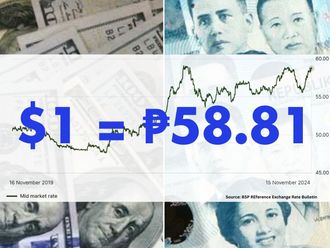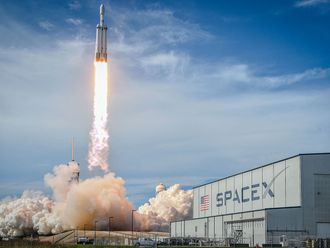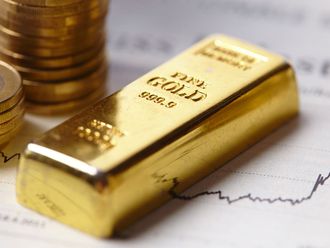BRASILIA: Brazil’s GDP grew a modest 0.4 per cent in the second quarter of 2012 compared with the previous one, with market analysts forecasting that the growth rate for the year would not exceed two per cent.
The world’s sixth largest economy expanded 0.5 per cent from a year ago, the country’s statistical agency IBGE said Friday.
Brazil’s economy expanded 0.6 percent in the first half of the year and 1.2 percent over 12 months, boosted by household and government consumption, it added.
“This result reflects the negative influence of the world economy and shows that the government’s stimulus measures have not yet fully had their anticipated impact,” said Finance Minister Guido Mantega, who however pointed to early signs of an uptick in the third quarter.
“We have weathered the worst phase of the slowdown which occurred in the first quarter and the economy is gradually recovering,” he added, expressing hope of “four percent GDP growth in 2013”.
The central bank meanwhile pointed to signs of “stepped-up activity in the second half and next year”.
Brazil’s second-quarter GDP growth is the weakest among the five-member BRICS bloc emerging powers, compared with 7.6 per cent for China, 5.5 per cent for India, 4.0 per cent for Russia and 3.2 per cent for South Africa.
Mexico, another dynamic Latin American economy, grew 4.1 per cent during the period.
Last year, the Brazilian economy rose a mere 2.7 per cent, sharply down from the sizzling 7.5 per cent in 2010.
Rafeal Leao, an analyst at the Austin Rating agency, said he expected Brazil to close the year with 1.7 percent GDP growth and to post 3.7 per cent growth next year once the government’s stimulus measures take effect.
In August, the government also launched a $66 billion plan for construction of road and railway infrastructures and plans a similar one for ports and airports.
Robson Braga, president of the National Confederation of Industry, welcomed the measures and said first-quarter results were “disappointing but a thing of the past.”
Markets analysts are banking on 1.7 per cent GDP growth this year, while the central bank and the International Monetary Fund are sticking to their 2.5 per cent forecast.












